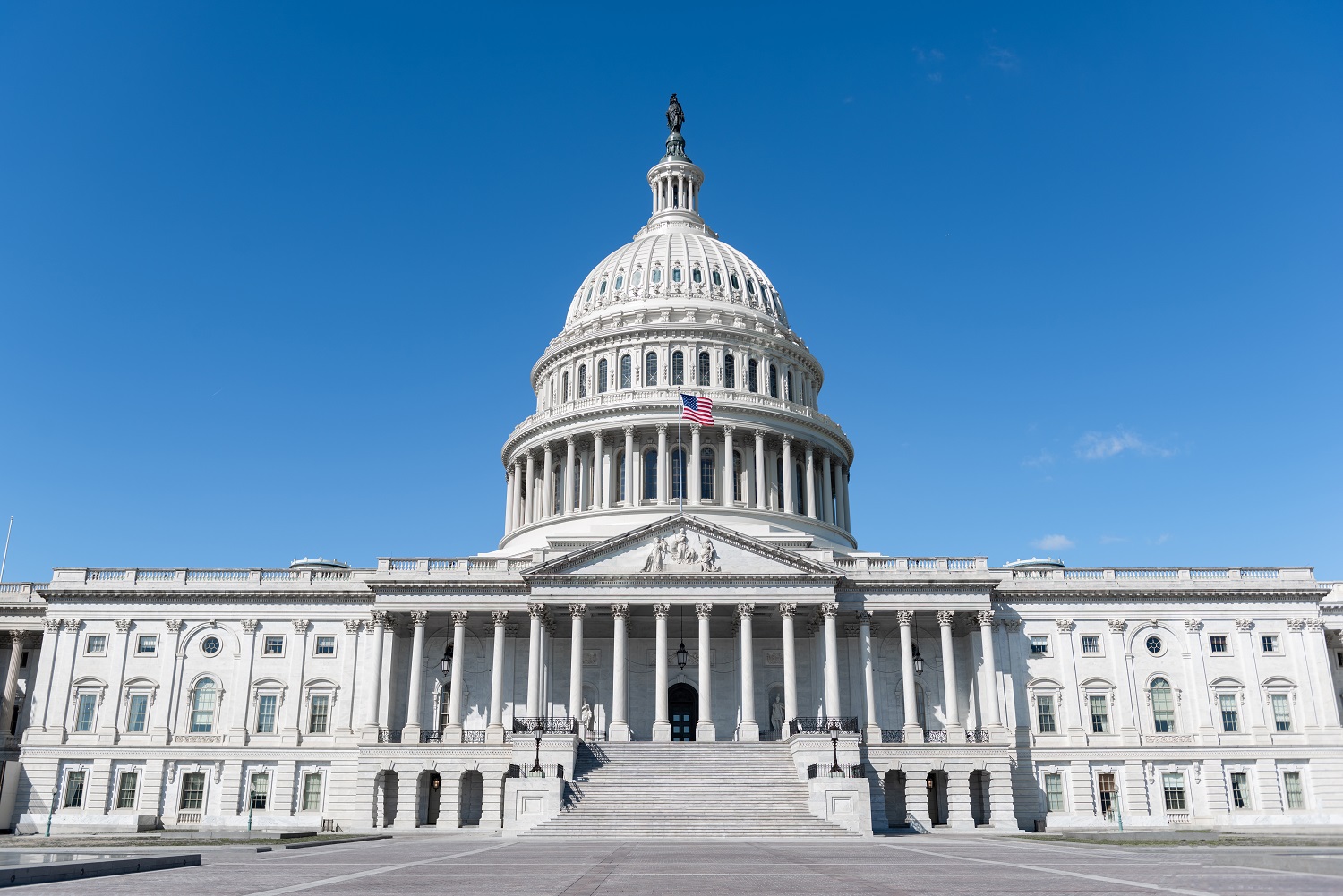This week, Congress passed the African Growth and Opportunity Act and Millennium Challenge Act Modernization Act (H.R. 3445). Once signed, it will give MCC the long-awaited authority needed to pursue regional programming more effectively. The change is a technical one that will permit the agency to have multiple, concurrent compacts with a single country—allowing MCC to pursue both a standard, bilateral compact with a partner, as well as a regionally focused investment with coordinated interventions in neighboring countries. With this authority, MCC will be better placed to address cross-border constraints to growth—which is often critical and potentially very high return in many of the places the agency works.
MCC has been angling for concurrent compact authority for years. The agency first put the idea forth as a legislative priority in 2010, though at that time, it was focused on using the authority to manage pipelines and address unobligated balances. Though concurrent compacts fell down the agency’s legislative priority list for a few years after that, by 2015, MCC had turned back to the idea, this time as a critical tool to enable regionally focused programming. Now that MCC and its partner countries have the green light to think beyond national borders, how can they make the most of it?
Regional programs are much more complicated than bilateral programs, often take longer, and can carry more risk. And MCC’s particular way of doing business—working only with countries that maintain good governance and giving partner countries the lead in program identification and implementation—will add layers of complexity. The agency has undoubtedly started thinking through how it would structure a regionally focused investment using concurrent compacts. As MCC solidifies this thinking and moves to pilot initial programs, there are several questions the agency will need to answer.
-
How will cross-border investments be identified? Will the agency structure constraints to growth analyses specifically to look at regional issues and/or allow for a regional investment to emerge from the findings of an individual country growth diagnostic? To what extent will MCC seek to support components of pre-existing regional initiatives?
-
How will regional anchors outside the MCC sphere be taken into account? In most regions, the regional economic powerhouse is not an MCC partner country, due either to its income level (South Africa) or its governance quality (Nigeria), or—in the case of India—its economic size and disinterest in the kind of aid MCC offers. But these countries are likely to play an important role in regional development initiatives and cross-border economic activity. How will the agency incorporate these actors in ways that don’t involve direct funding?
-
How will MCC deal with suspension or termination of individual countries in a multi-country program? MCC has had to suspend, terminate, or otherwise curtail funds to a number of partner countries whose policy choices became inconsistent with MCC’s good governance requirements. The decision to pull funds is always a difficult one for MCC to make; it would be more challenging if multiple countries are involved. Would MCC suspend/terminate just the activities in the particular country? What if the economic viability of the investment were contingent upon the activities and associated reforms in the suspended/terminated country taking place?
-
What will the local implementation unit(s) look like? MCC’s bilateral programs are run through local implementing units, typically set up as new government units. Will the units that manage cross-border investments be new multiparty structures, or would existing country units be restructured (and expanded) to take on new roles? What structure will best manage the complexity of multiple stakeholders?
-
How can MCC best structure incentives across multiple parties when costs and gains are unlikely to be equally shared? In order for MCC investments to yield their expected results, partner country governments must often agree to tackle difficult reforms. These can be tough negotiations even when the gains from the investment would accrue primarily to the country in question. In a cross-border investment, costs and gains may not be equally shared. How can MCC ensure the success of multilateral negotiations when one party may have reduced incentive to undertake necessary but difficult political reforms if the benefits accrue disproportionately to another party?
These questions are complicated, as are many other issues that MCC will undoubtedly grapple with as it moves ahead. But complicated doesn’t mean prohibitive. It just means that MCC would be wise to proceed conservatively, undertaking a small number of pilots with opportunities for learning built in. Sean Cairncross, the nominee to be MCC’s new CEO, recognizes this, pointedly saying that it would be important for the agency to pursue regional investments “carefully” and “in a focused manner.” Sounds like a good plan.
Disclaimer
CGD blog posts reflect the views of the authors, drawing on prior research and experience in their areas of expertise. CGD is a nonpartisan, independent organization and does not take institutional positions.





